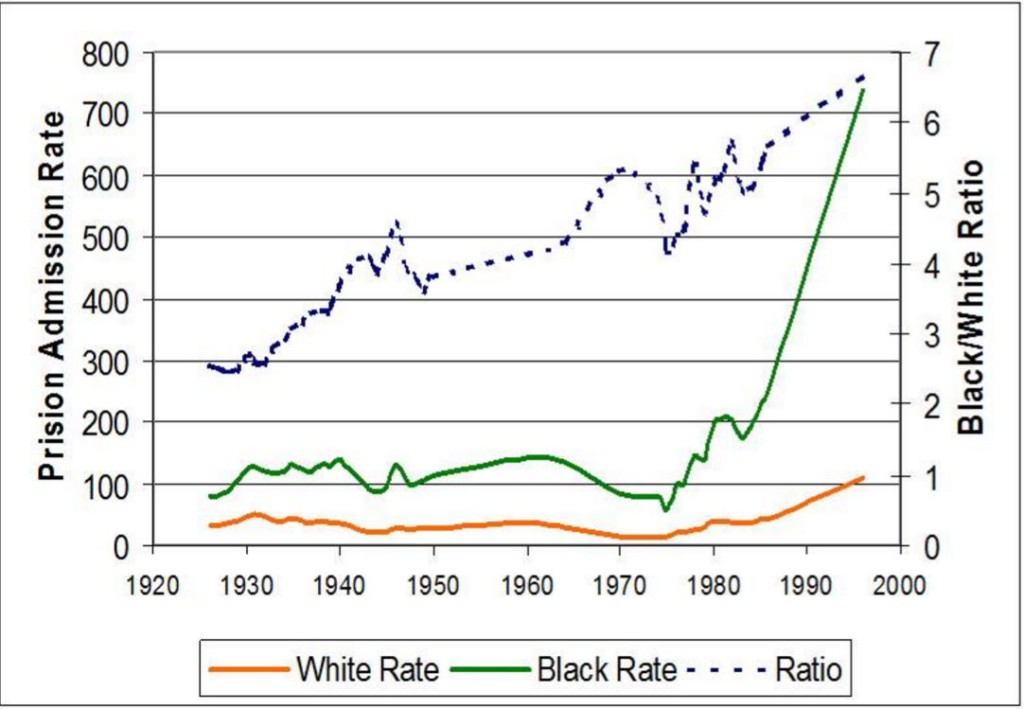In his lecture of February 8, 1978, Foucault takes up the issue of “pastoral power”. He says that the idea that one could govern men has its origins in the Mediterranean East, Assyria, Egypt, the Levant, and Israel, where it applies both to the government of souls by religious leaders and to the government of societies by secular rulers, both claiming the authority of the Almighty. The model for pastoral power is the New Testament figure of the Good Shepherd. “I am the good shepherd. The good shepherd lays down his life for his sheep.” John 10:11.
Most people are familiar with this set of ideas about governance, as it is common in religious groups, and in secular governments as well. It is fundamentally beneficent, especially as compared to the idea of government in ancient Greece and Rome, where the idea of power is primarily centered around wealth and strength, with less regard for the interests of the members of society.
Foucault concludes the lecture with this:
Of all civilizations, the Christian West has undoubtedly been, at the same time, the most creative, the most conquering, the most arrogant, and doubtless the most bloody. At any rate, it has certainly been one of the civilizations that have deployed the greatest violence. But at the same time, and this is the paradox I would like to stress, over millennia Western man has learned to see himself as a sheep in a flock. … Over millennia he has learned to ask for his salvation from a shepherd (pasteur) who sacrifices himself for him.
The idea of the pastoral power, both in civil and religious government, leading western people to see themselves as members of a flock asking for salvation from the Good Shepherd, opens a lot of space for thinking about the development of politics in the US. One common explanation of right-wingers voting against their economic interests has to do with the idea that they have authoritarian personalities. As a group, right-wingers are more religious, and more willing to act on guidance from their religious leaders, or so we think. They generally show great deference to their lawful leaders. Foucault’s explanation, that they see themselves as sheep in the flock, seeking salvation by following the leader, makes sense.
I’m not so sure the authoritarian personality explanation works for liberals. They aren’t generally authoritarian; in fact many are activated by a suspicion of authority. Instead, they vote on policy and expect that policy will be driven by reasoned responses to real problems and that experts will have a strong say in formulation of policy. They feel the same way about their religious leaders. As a simple example, liberal Catholics loved most of the doctrines of Vatican II. They looked for ways to put those ideas into practice in their personal lives and worship, but not through the Catholic hierarchy, which they saw as outside their reach, even though as it was taught to me, the hierarchy was meant to serve the People of God, and therefore should have been the subject of the will of the People of God. Then they were demoralized by subsequent popes and US Bishops who reversed those changes. It was because of those revanchists that many liberal Catholics left the Church. Conservative Catholics had exactly the opposite responses, including returning to the Church as the changes were abandoned.
Nevertheless, liberals seem to have unrealistic hopes for secular salvation through elections. When their candidates win, they act as if that were all they need to do, and as if it isn’t necessary to keep up the pressure for action. They seem to think that the liberal institutions and groups they support will handle the policy input. For liberals, at least, Foucault’s formulation seems much more useful. They expect that salvation will come from winning elections, especially the Presidency.
======================
I won’t be able to continue this series, as much as I enjoy this book. I hope things will change and I’ll be able to pick it up again, but we’ll see.
Now my first thought was to do a series on Possession by A. S. Byatt, or maybe even Pride and Prejudice by Jane Austen, as a way of getting over the results of the last election. I’ll do that privately, though, unless someone knows a website that wants the thoughts of old white guys on these fantastic books. Instead, I’m going to be looking in some new areas.
When I took up the overall project of trying to see how we got into the neoliberal trap and trying to find a way out, I thought we’d have several years to work out the practice of fighting and the theory we would need to move forward. I thought the bulk of the elites of both legacy parties were neoliberals. I figured Clinton would win, and that the problem would be to resist the dominant neoliberal sector of elected Democrats and their Republican colleagues and push in a new direction, one even further from neoliberalism that the road proposed by Bernie Sanders. That turns out to be wrong.
It turns out that the Republicans are solely motivated by helping the rich at the expense of everyone else, and by the exercise of power, both political and military. I expect nothing but random policy from the Republicans, based on whichever ideologue gains the ear of the Tsar. We will need all hands to deal with the fallout as best we can. And I expect the Democrats to continue to push neoliberalism as their road back to power, leaving us fighting on two fronts: a double war pitting the rich against everyone else.
A huge number of people in this country reject the “elites”, a code word for smart people, and for educated people. They fit firmly in the long tradition of US anti-intellectualism. Here’s a bit from a recent New York Times article:
Ms. Adams says her daughter is just as stubborn when it comes to politics. “Nancy puts up a wall,” she said. “If you don’t vote the way she does, you’re voting wrong.” She added: “Democrats are always trying to talk you out of your ideas.”
Ms. Adams thinks it’s bad for people to discuss political ideas seriously. Of course, ideas are, or should be, the lifeblood of politics in a democracy. And lefties are generally better at explaining our views than Trumpheads who can’t defend their own ideas and want to be allowed to justify their opinion on the basis that they believe them because they saw something on Facebook. We can’t allow that. We have to show them the damage that racism, homophobia and xenophobia are doing to our fellow citizens, and to make it personal; and we need to point out the enormous economic losses the Trumpheads and the rest of us are going to incur as elite Republicans continue to wreck government and the economy for their own benefit. I plan to do my part.
Maybe it’s time to reread Richard Hofstadter’s book, Anti-Intellectualism In American Life.





